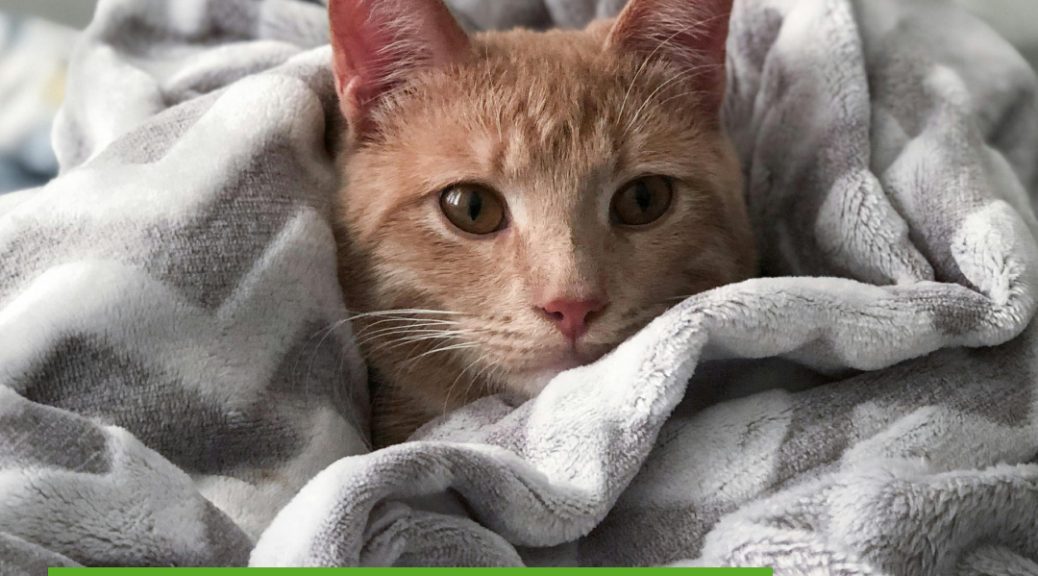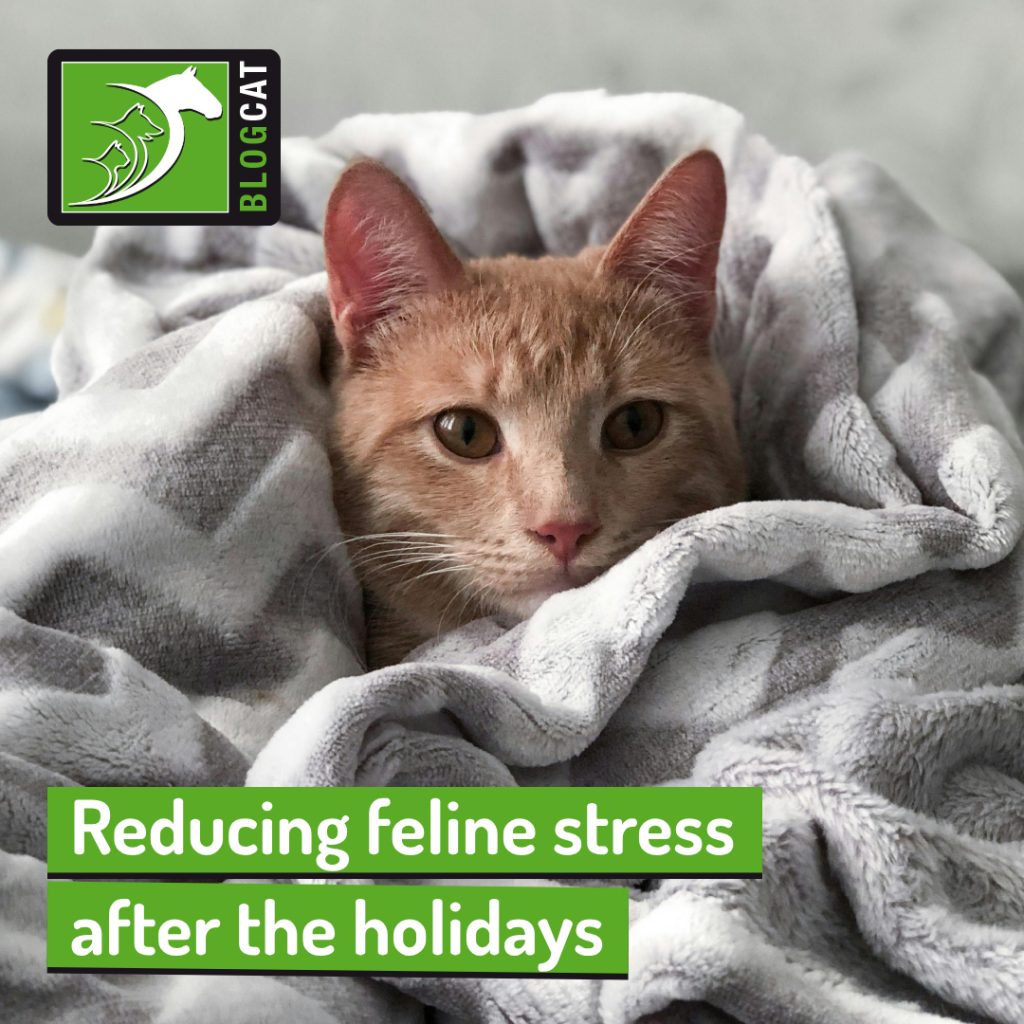Did you know that your cats love routines? They are animals that love stability, predictability, and home comforts, preferring to know more or less how each day will go rather than constantly changing their routines.
This is often an issue that comes up at the end of the holidays, when summer household rhythms are altered with everyone going back to work or school, leaving your cat with less certainty in his or her days. Fortunately, you can do many simple things to help your pets during this challenging time of the year!
Keep reading to learn all about how to prevent back-to-school blues for your feline friend!
Can my cat feel stressed when we go back to work or school?
As we’ve mentioned, routines are crucial for most pets but especially cats. After spending so much time at home, in particular when there are children in the house during most of the summer, going back to being left alone again can mean a significant adjustment for your cat.
This is likely to increase stress and anxiety, which might reduce quality of life and well-being. Of course, not all animals will deal with this in the same way, which means signs can range from a mild adjustment period to severe separation anxiety.
In particularly susceptible cats, this can show up as:
- Excessive vocalisation;
- Odd or unwanted behaviours such as destroying things or excessive pacing;
- House soiling without any other apparent cause (for instance, due to kidney disease);
- Loss of appetite;
- Increased chances of problems that can be linked to stress, such as feline lower urinary tract disease.
Some of these can have a serious impact on your cat’s health and home life and may require veterinary intervention.
How can I make changing routines easy for my cat?
While we know that it can be difficult to avoid changing routines, there are many simple things you can do to minimise the impact going back to work or school will have on your furry family members.
We recommend, if possible, trying to implement any changes gradually and keeping feeding time with as little change as possible. Other important things include making an effort to spend more quality time with him or her, as you or your kids won’t be in the house quite so often during the day, and ensuring your cat has access to enough toys and enrichment to be able to spend time alone without being bored or stressed.
Don’t forget, you don’t need to manage this alone! Your vet can also help you find the best way to provide a stable home environment for your cat and create a treatment plan in case anxiety is deeply affecting his or her health and quality of life.
In summary:
- The new microchipping law makes it mandatory for all cats over the age of 20 weeks in England to have a microchip implanted;
- A microchip is a small transmitter that is easily implanted and won’t harm your cat;
- It contains a number that can be matched to your contact details, enabling your furry friend to return to you;
- Failure to comply with the microchipping requirement might mean a fine of up to £500.
Would you like to know more about cats? Check our Feline Courses:
Feline courses

